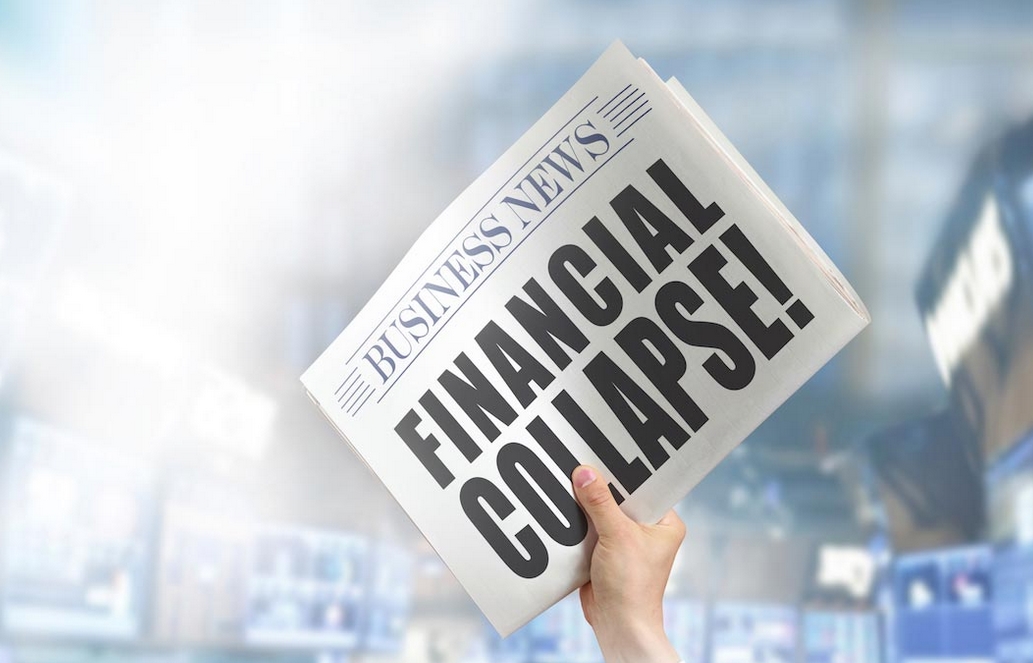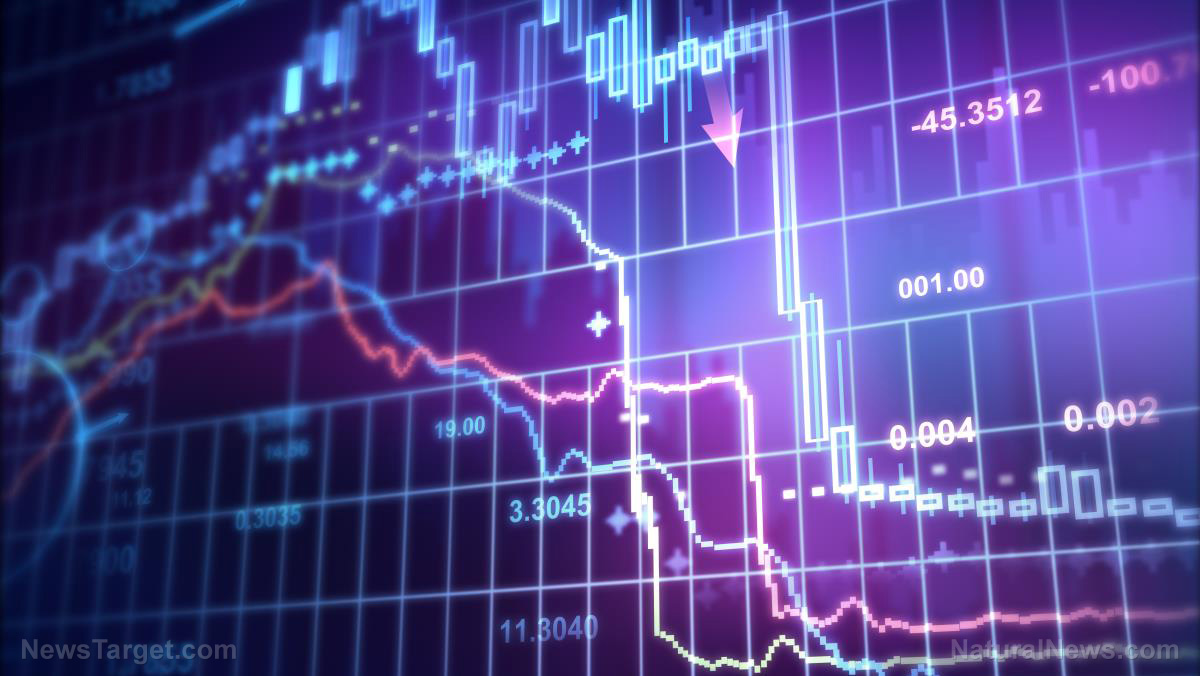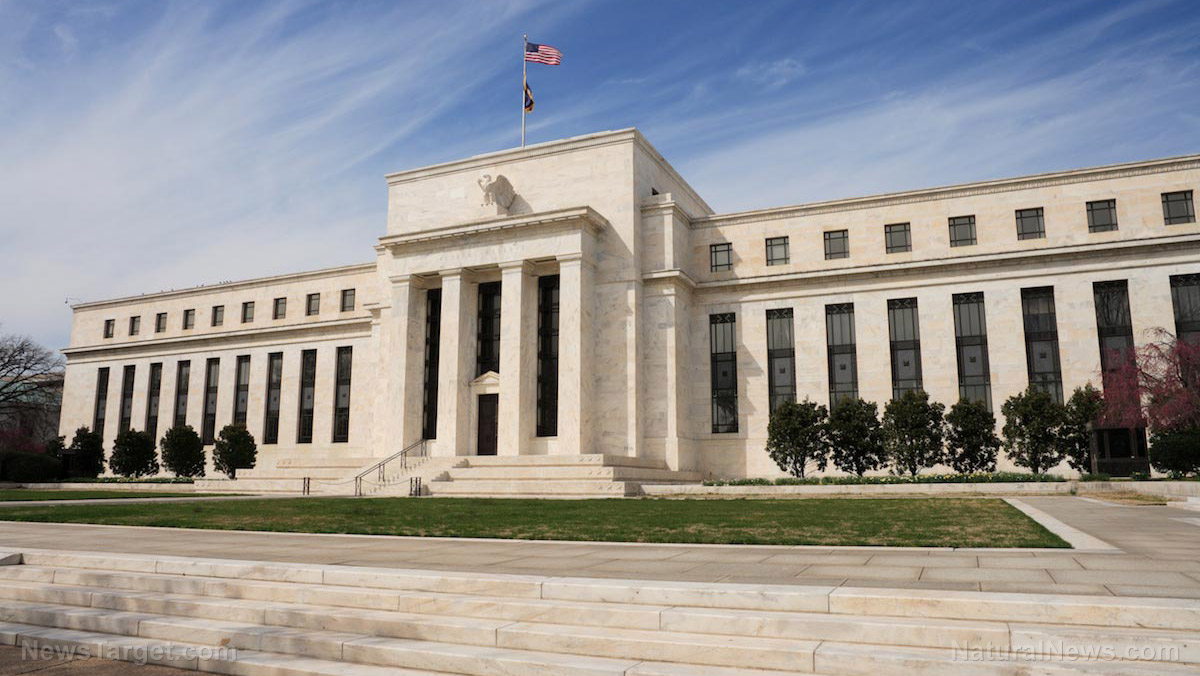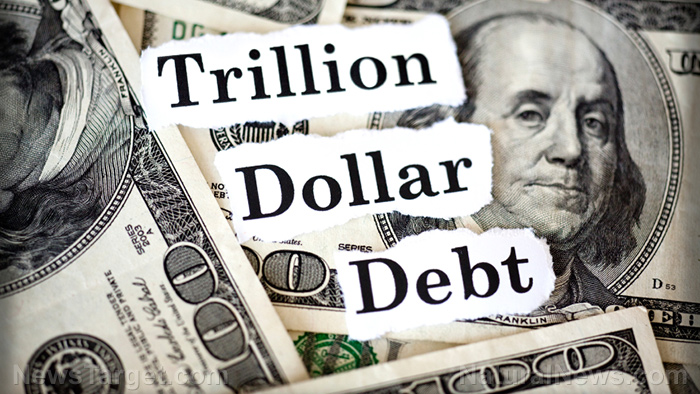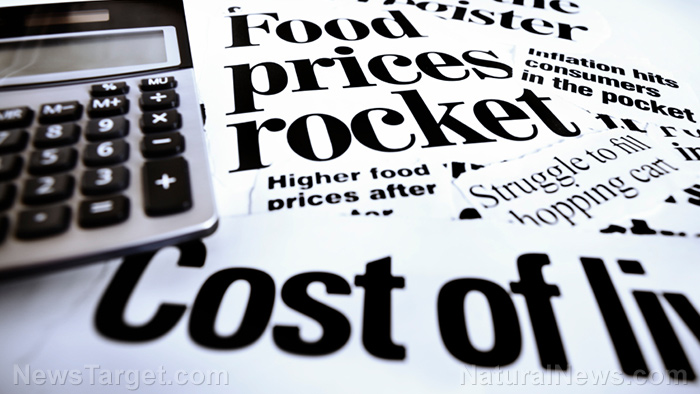GET READY: JPMorgan CEO Jamie Dimon says “economic hurricane” is about to make landfall across America
06/02/2022 / By Ethan Huff
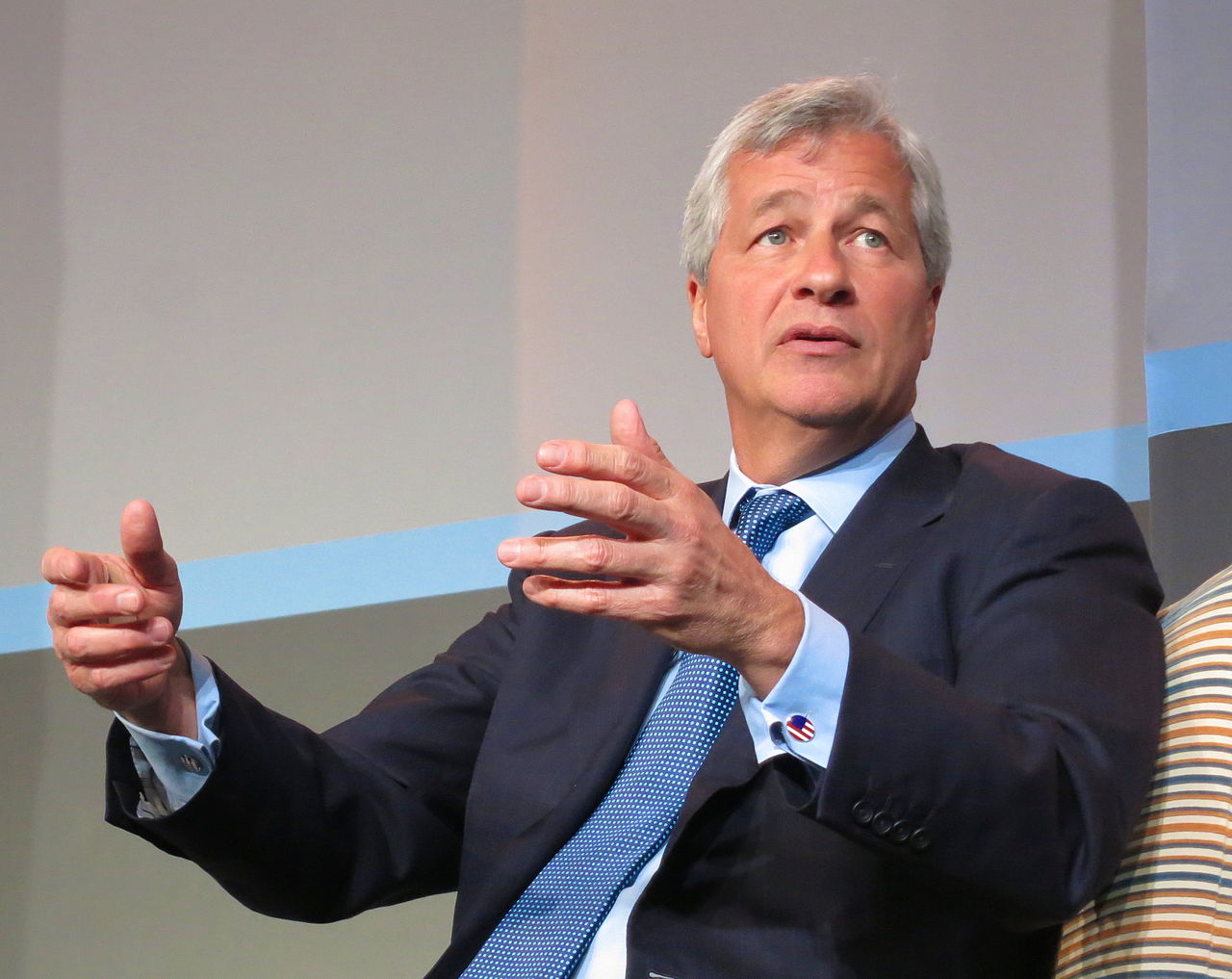
The head of one of America’s largest and most influential financial institutions is warning that things are about to get really ugly, economically speaking.
Jamie Dimon, the CEO of JPMorgan, just told a room full of analysts and investors that an “economic hurricane” is barreling straight towards the United States, and that his company is “bracing” for impact.
So-called “quantitative easing,” or QT, which is scheduled to begin this month, will ramp up to $95 billion a month in reduced bond holdings. There is also the ongoing war in Ukraine, which continues to drive up commodity prices.
Oil, Dimon warns, could hit $150 or even $175 a barrel. And food, as many of us well know, is becoming increasingly more expensive with each passing day.
“You’d better brace yourself,” Dimon warned his audience. “JPMorgan is bracing ourselves and we’re going to be very conservative with our balance sheet.”
“You know, I said there’s storm clouds but I’m going to change it … it’s a hurricane,” he added, noting that while conditions might seem “fine” to some, there is no knowing for sure whether the coming hurricane is “a minor one or Superstorm Sandy.”
Central banks can no longer contain the runaway train
The end of the Federal Reserve’s cheap money era, as CNBC calls it, is rapidly coming to an end. This, among other factors, is said to be driving down stock prices in the tech sector.
Inflation is also hitting multi-decade highs, and this is on top of supply chain failures that really picked up during the Wuhan coronavirus (Covid-19) plandemic.
It is believed by many that the economy is now entering a recession – or perhaps a depression – of epic proportions. The writing is clearly on the wall flashing collapse in huge letters, in other words, and Dimon is speaking up about it.
“Right now, it’s kind of sunny, things are doing fine, everyone thinks the Fed can handle this,” Dimon explained. “That hurricane is right out there, down the road, coming our way.”
“We’ve never had QT like this, so you’re looking at something you could be writing history books on for 50 years,” he added, noting that several aspects of the Fed’s quantitative easing programs have clearly “backfired,” one of them being negative interest rates, which he called a “huge mistake.”
At the same time, Dimon says that central banks “don’t have a choice because there’s too much liquidity in the system.”
“They have to remove some of the liquidity to stop the speculation, reduce home prices and stuff like that.” (Related: Remember early last year when the Federal Reserve’s entire payment system crashed due to an “operational error?”)
The war in Ukraine is only exacerbating a problem that has been stewing for years, but it could be the straw that finally breaks the camel’s back – and more than likely this is all by design as part of a controlled demolition of the old world order, which is necessary in order to usher in a new world order.
“Wars go bad,” Dimon said. “[They] go south in unintended consequences. We’re not taking the proper actions to protect Europe from what’s going to happen to oil in the short run.”
Last week during an investor conference, Dimon said the “storm clouds” could be dissipating. A week later, his whole tune changed to indicate that he was wrong: the storm clouds appear to be bigger, darker and more ominous than most people are prepared to encounter once they finally arrive.
One thing JPMorgan is doing to try to batten down the hatches is to move its clients from a lower-quality deposit called “non-operating deposits” to money markets, as one example. Will it be enough, is the question?
As the economic hurricane arrives, we will keep you informed about the latest at Collapse.news.
Sources for this article include:
Submit a correction >>
Tagged Under:
banks, chaos, Collapse, economic hurricane, Federal Reserve, finance, Jamie Dimon, JP Morgan, perfect storm, risk, stock market, Ukraine
This article may contain statements that reflect the opinion of the author
RECENT NEWS & ARTICLES
COPYRIGHT © 2017 RISK NEWS



